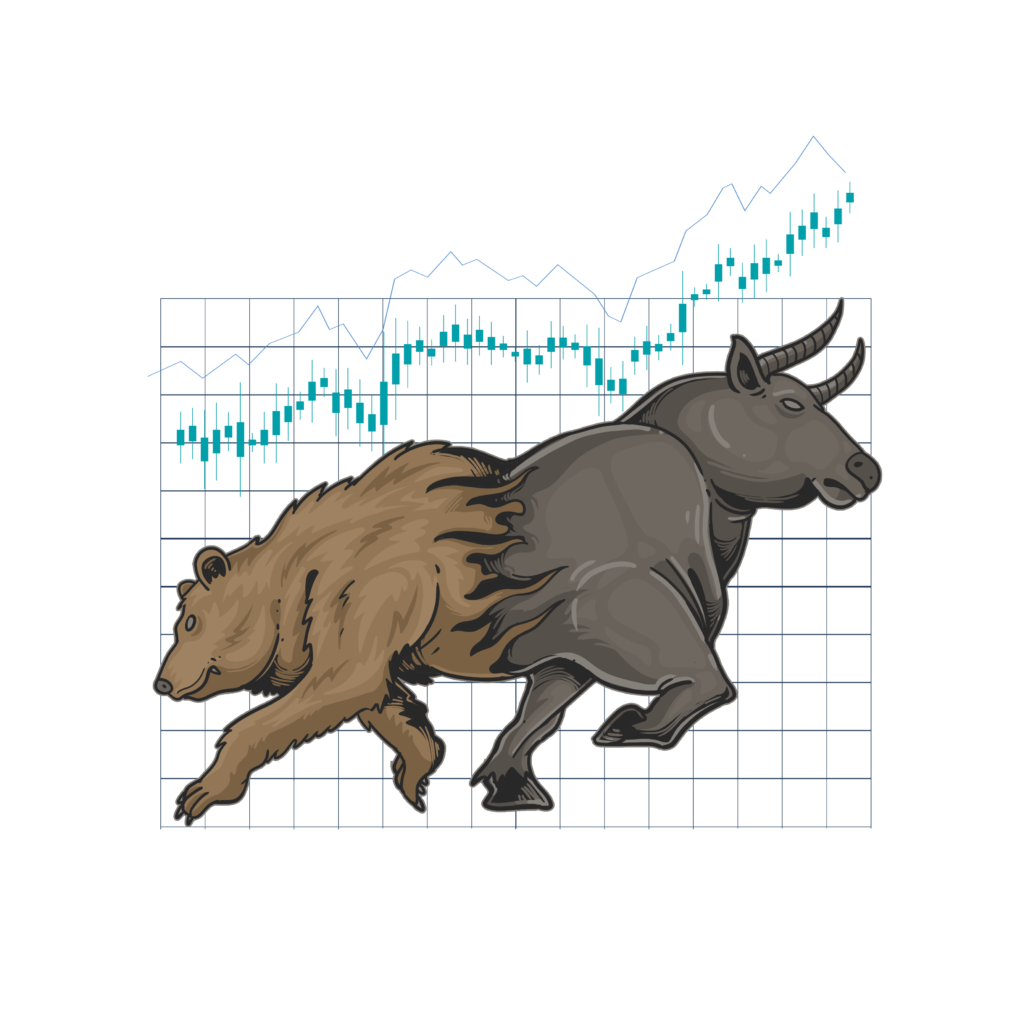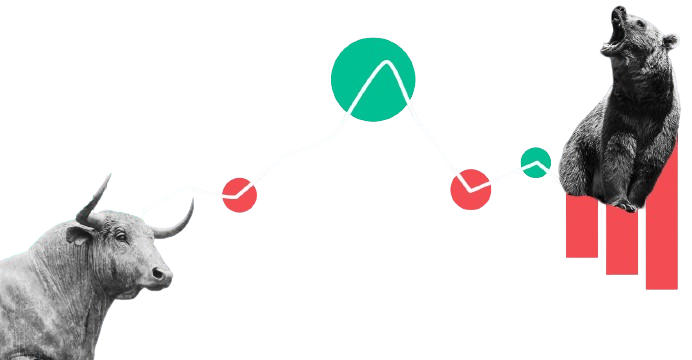Mutual Funds
Mutual funds make investing easy, it becomes even Easier
under our Invaluable Guidance!



Why Mutual Funds
Mutual funds make investing easy, it becomes even Easier
under our Invaluable Guidance!
Loved & Trusted by thousands of customers.
Best-in Class Trading and & Investing Tools
Why Top Notch Capital
One single destination for your entire financial and investment needs

Trusted Partner
One single destination for your entire financial and investment needs

High Return Investments
World class in-house Research Team

Personal Advisor
Get your own Personal Investment Coach
other services
Services Offered
Top Notch Capital provides variety of services as per your needs.

Frequently Asked Questions
A mutual fund is the kind of investment that pools money of several investors and invests them in stocks, bonds, money market instruments and other types of securities.
Buying a mutual fund is like buying a small slice of a big pizza. The owner of a mutual fund unit gets a proportional share of the fund’s gains, losses, income and expenses.
The full form of Demat Account is ‘Dematerialized Account. It’s like a digital wallet for your stocks and investments.
Active management
In active management, the fund manager seeks to pick stocks with the aim of beating the benchmark and generating alpha. A fund manager cannot possibly invest in the same stocks as the/she has to take a call on picking stocks outside the index or keeping the exposure of sectors different from the index. Similarly, when the fund manager deems fit, he can raise cash or move some assets to money market instruments if he finds the markets are over-valued or too volatile.
Passive management
A fund is passively managed if the fund manager replicatesthe inde with exactly the same stocks and in thr same proportion. Here the fund manager is trying to replicate the index performance with as little tracking error (we will have a post on tracking error soon. Suffice to say that it refers to the deviation of the performance of the fund from its benchmark) as possible. Since the fund manager has to mimic the index he will have very little cash and that too, only to meet redemption proceeds. Index funds and ETFs are examples of passively managed funds. While ETFs are traded in the stock exchanges and can be bought through a demat and brokerage account, index funds can be bought like any other mutual fund.
Turnover ratio in an actively managed fund will be high compared to a passively managed fund. This is so since a lot of active stock calls are taken continuously in active management while in a passively managed fund, the churn is only when there is a change ina stock in the index or when the fund has huge inflows and the same needs to be deployed in the index stocks.
Though in actively managed funds the fund manager aims to create alpha there is also a possibility that the fund may underperform the if its calls go wrong. Active management also at times lead to higher volatility in returns compared with benchmark. Since a passively managed fund mirrors its benchmark in every aspect, the possibility that the fund may underperform its index by a huge margin is Low. At best the return differential could arise as a result of tracking error.





